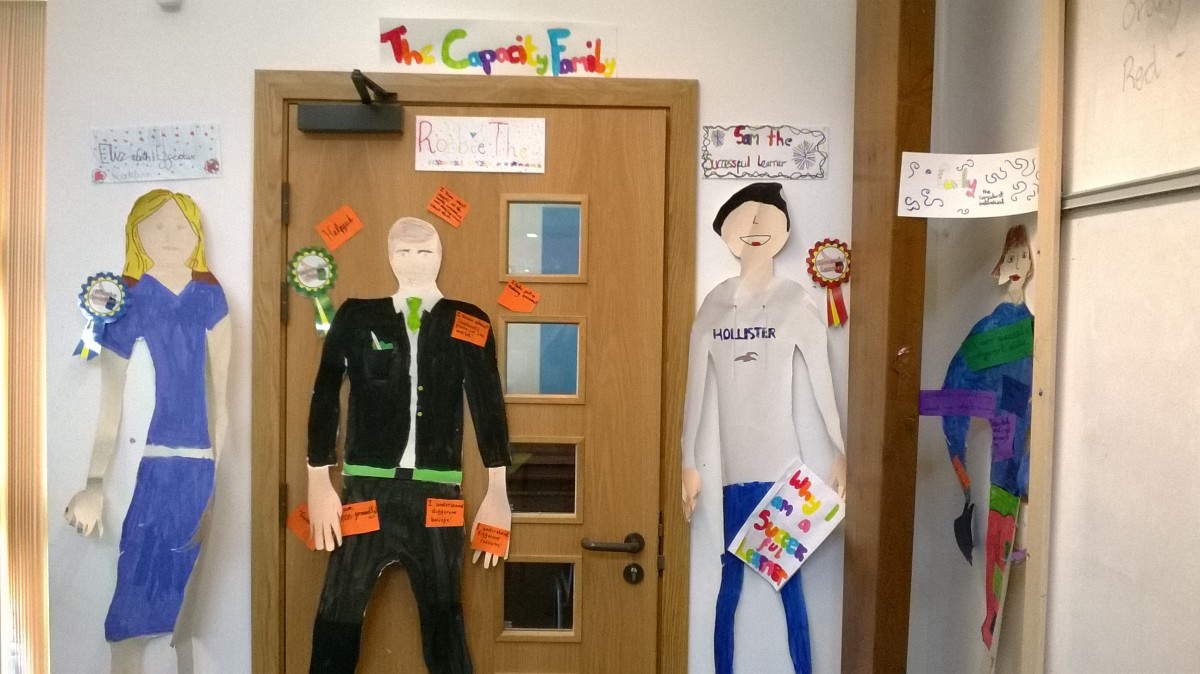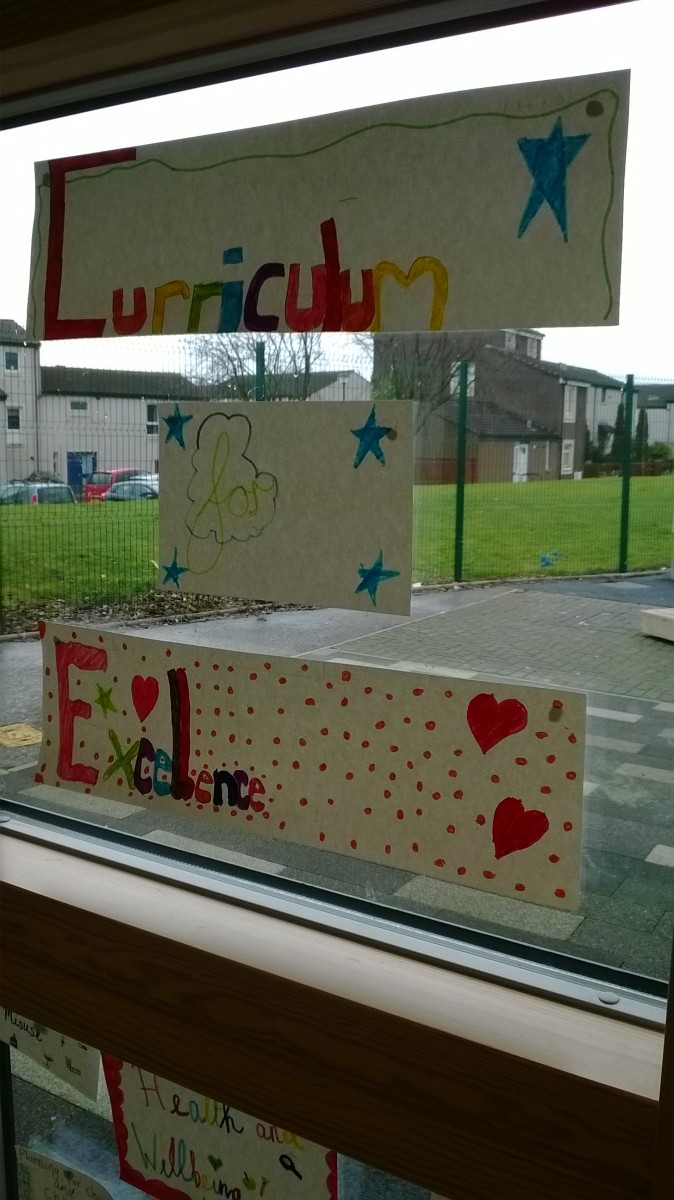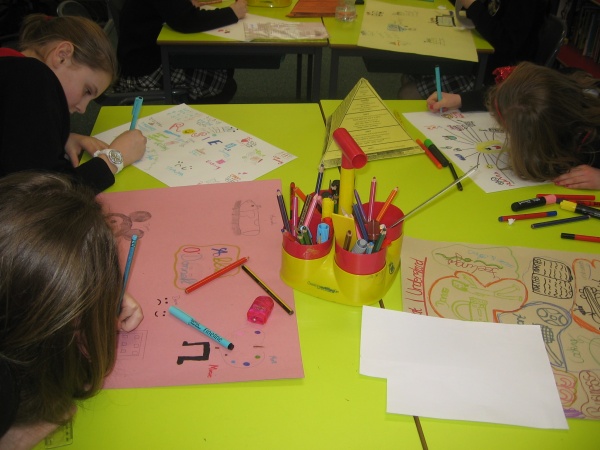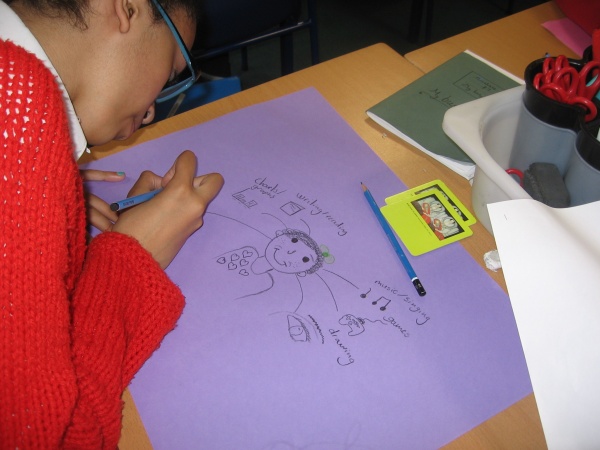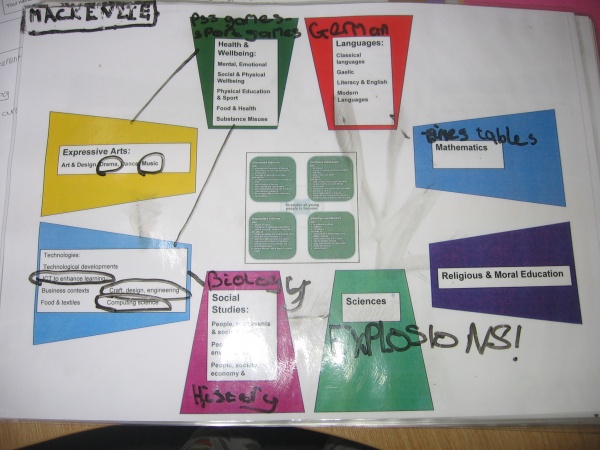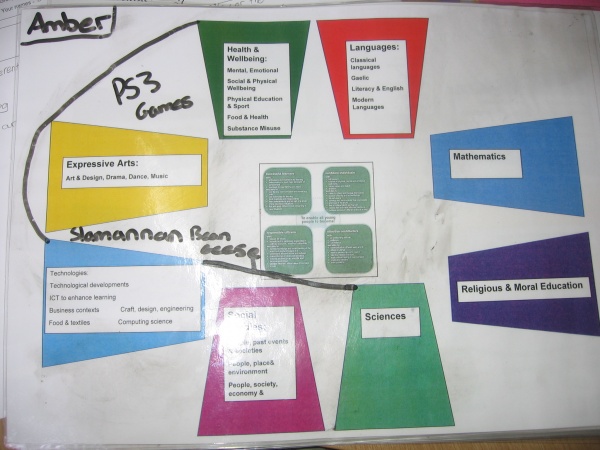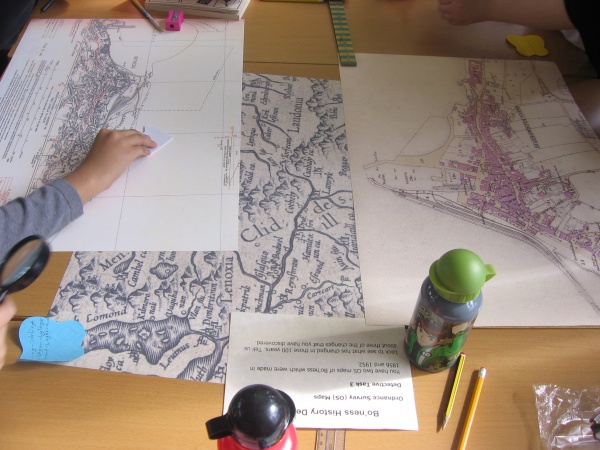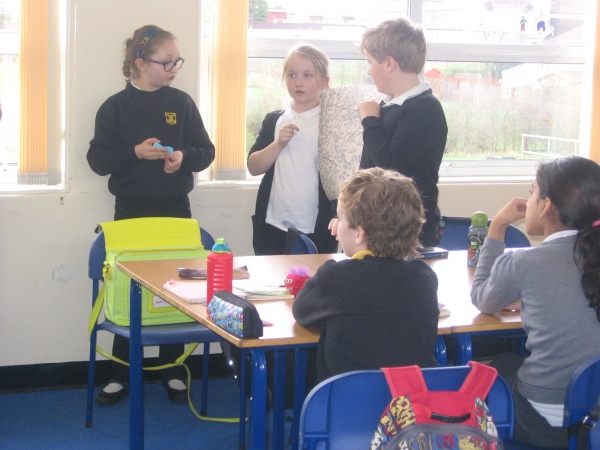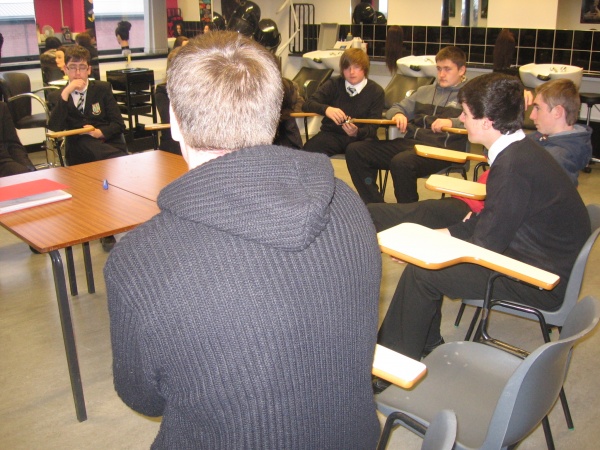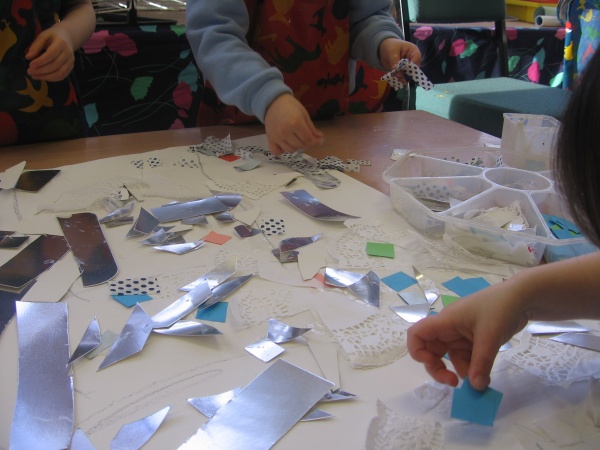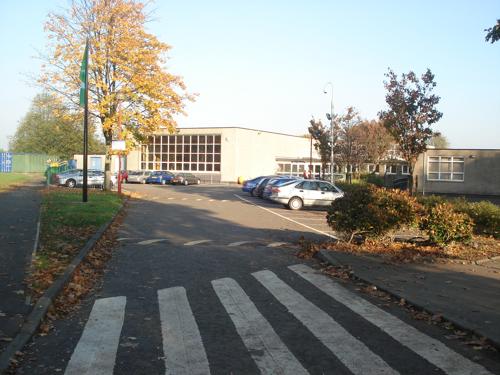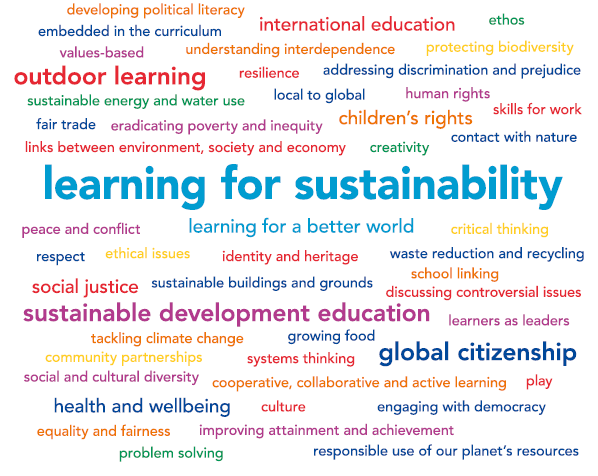 Falkirk Council Education Services will hold a Learning for Sustainability Showcase event in Camelon Education Centre on 4th June between 4-5.30pm.
Falkirk Council Education Services will hold a Learning for Sustainability Showcase event in Camelon Education Centre on 4th June between 4-5.30pm.
Jane Jackson and Yvonne McBlain are working with colleagues in schools and in the Service Support and Improvement team to make the programme for the event as rich as possible.
So far, we know that Scotdec will be there to share the professional learning they can offer and lots of wonderful resources teachers can use with their pupils. We are thrilled that Anthony Hutcheson, development officer from Education Scotland will welcome everyone AND will be sharing the new LfS professional learning area in Glow. Organisations like Opal, the John Muir Trust, Royal Highland Education Trust are all coming along to share how they can contribute to learning for pupils and for staff. CATCA will be there, and members of the Outdoor Learning Network will show how they have developed learning outwith the classroom. Wosdec will also attend to help us celebrate the achievements of teachers and pupils taking part in the Global Storyline training programme.
We know that Falkirk teachers and early years officers use the Learning for Sustainability theme across many areas of the curriculum and are pleased to have a growing number of applications to share this work at the showcase. We know there is lots more good practice out there though so please click here for an application form and instructions if you would like to share your work too. The word cloud above shows just how diverse Learning for Sustainability is, and with your help, we are keen to show as wide a range of work as possible. 
Don’t worry if you don’t have anything to share this year at this event – you can always sign up using code LfS1 in CPD Manager. We would love to see you there to help build a strong and appreciative audience at the event. The more, the merrier – we look forward to seeing you on the 4th June!

